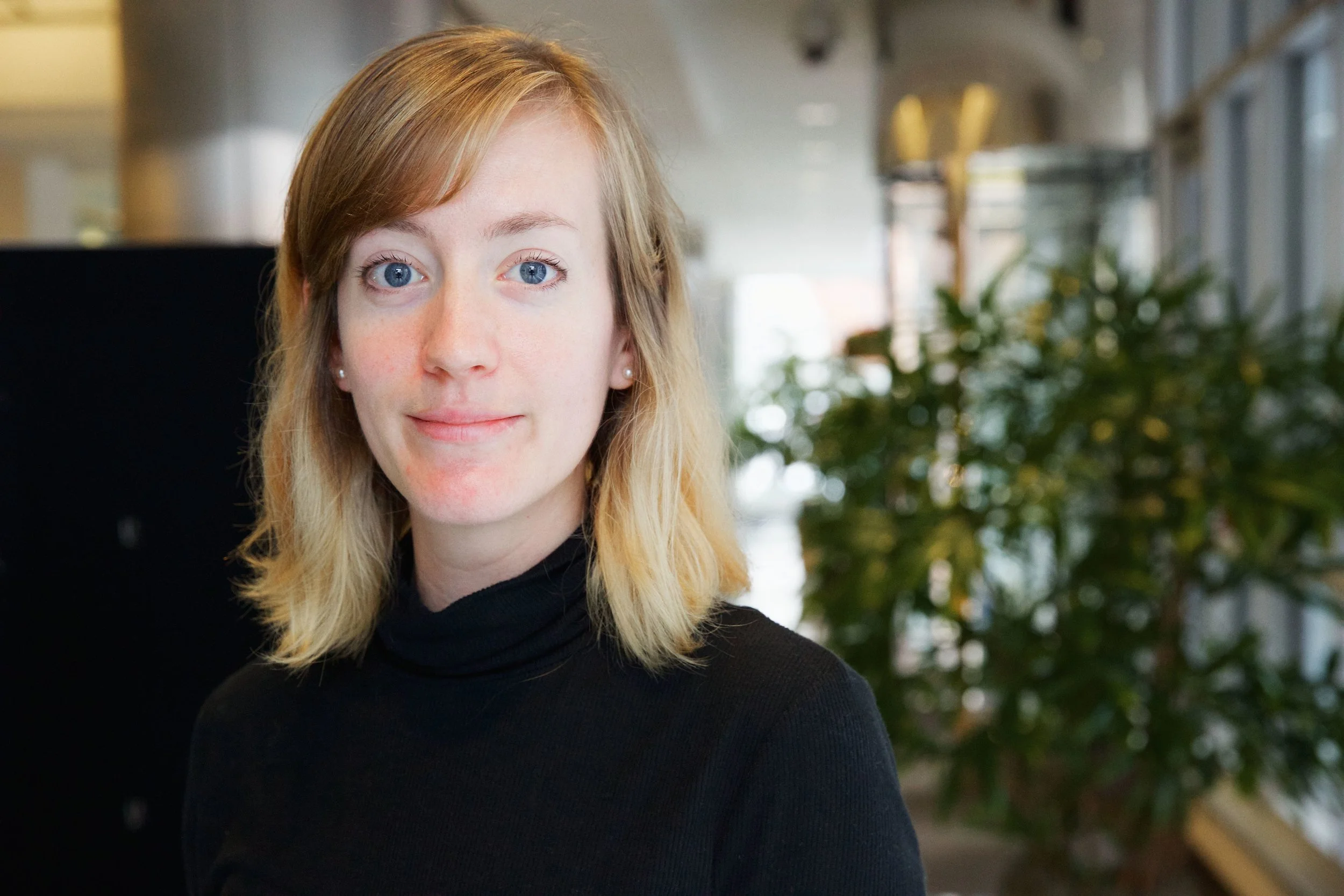Richmond Justice
STORIES + PORTRAITS
Micky | October 28, 2016
Micky Jordan is a genderqueer activist working with Southerners on New Ground (SONG), a Queer Liberation organization that builds community and advances civil rights for LGBTQ people across the South. In 2015, Micky helped organize and advance #BlackLivesMatter in Richmond, and presently works with the LGBTQ+ Safety Advisory Group at Virginia Commonwealth University to create a series of trans-affirming police trainings.
This election season, I’ve heard candidates for mayor and City Council asked, "What would you do to protect the LGBT community?" The typical response is: "Well, I want to help everyone."
It's great to be inclusive, but that type of response doesn't recognize that LGBT people face specific challenges. That response doesn't recognize that many LGBT people are also people of color, are also poor, are also undocumented. There need to be specific policies that ensure the safety of LGBT people.
The reality is that there are over-policed parts of Richmond, and a lack of accountability in terms of how policing takes place. The organization where I work, Southerners on New Ground, wants to help establish a Community Review Board that would allow citizens to report problems they encounter with law enforcement to an independent body—not to the police.
Right now, a lot of trans people are hesitant even to call the police. They’re afraid that the police won’t do anything, or that police won't understand a situation involving a trans person. That hesitation stems from the fact that a lot of trans people have faced harassment from law enforcement. Some officers see trans people at night and assume they're sex workers. Some officers harass trans people when a government-issued ID card doesn't reflect their trans identity. The reality is that some individuals can’t walk around without fearing for their lives.
A lot of officers simply don't think about or understand the challenges of LGBT people, so it's important to offer them training. I've helped the VCU LGBTQ+ Safety Advisory Group train officers from VCU, Chesterfield County, and Richmond Police Departments, as well as from the Richmond Sheriff’s Office. These trainings address terminology and the pronouns that trans people use. More importantly, the trainings involve role-playing scenarios so that officers can practice how to react in real-world situations.
“The reality is some individuals can’t walk around without fearing for their lives.”
We also need to be aware of how LGBT people are treated in other parts of the criminal justice system, such as jails and prisons. Around the country, trans people have been harassed and locked up in solitary confinement at higher rates than those in the general population. Trans people are often dehumanized, because Sheriff’s departments and Corrections Officers don't understand them.
Some older members of the LGBT community in Richmond wonder why our group continues to advocate for certain rights. They fought successfully to have LGBT liaisons appointed in the Police and Sheriff’s Departments. That was an important step. But the liaisons could more substantially support the LGBT community. Also, there's a danger in appointing a liaison on LGBT issues, as it relegates all of these questions to the responsibility of one person. It's easy for the rest of the police force to think that this covers the LGBT question—no one else has to worry.
It’s true that police officers no longer do blatantly discriminatory things like raid gay bars. But that doesn't mean that all of our problems are solved. Problems manifest themselves in subtler—but everyday—ways. Police may not look for gay people to arrest, but they may harass them.
If you talk to a young black trans person, you’ll hear one person’s idea of what safety looks like. If you talk to an older white gay man, you may hear something very different. You can’t compartmentalize LGBT people: We're not all the same. You have to understand where each person is coming from. You have to understand why they feel mistrust and fear.
— interviewed October 27, 2016











